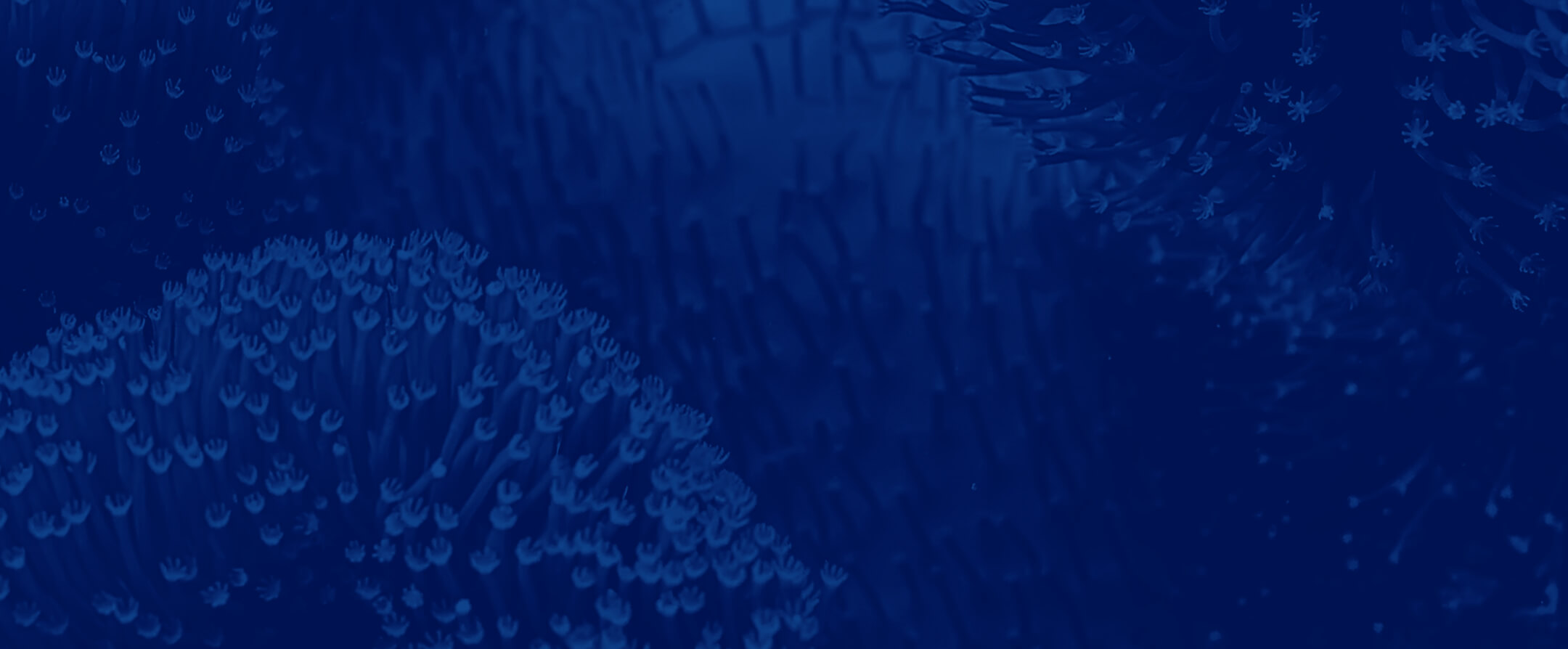This week, Mote and FWC rescued two manatees from Sarasota, and both animals were taken to ZooTampa for rehab
It was a busy week for the rescue and rehab teams from three southwest Florida organizations as they came together to rescue not just one—but two—cold stressed manatees from Sarasota-area waterways.
A team effort, x2:
On Jan. 12, 2021, biologists from Mote Marine Laboratory & Aquarium’s Stranding Investigations Program were called upon by the Florida Fish and Wildlife Conservation Commission (FWC) to respond to a call about a manatee in a residential canal connected to nearby Philippi Creek. Upon arrival, the team noticed the animal had signs of cold stress (see below) and seemed unable to exit the canal. Given that the water was about 67 degrees Fahrenheit, below the threshold of tolerance for manatees, a rescue was deemed necessary.
After Mote’s initial response, FWC led the rescue effort to assist the manatee. A subadult female, she was a little over 6 feet long. The manatee was safely netted onto the shore and transferred into a transport truck that headed for ZooTampa’s David A Straz, Jr Manatee Critical Care Center, one of four critical care facilities for manatees in the state of Florida and a member of the Manatee Rescue & Rehabilitation Partnership (MRP).
Just two days later, a similar situation played out, as Mote biologists respond to a manatee in Whitaker Bayou near downtown Sarasota. This animal had been reported by residents along the water. The manatee also showed signs of cold stress, and again FWC and Mote worked together to capture the manatee and transport it to ZooTampa for rehabilitation.
“As soon as we responded to both these animals, we could tell they were exhibiting signs of cold stress, and we measured water temperature to confirm that it was below their minimum temperature threshold,” said Amber Lea Kincaid, Stranding Biologist at Mote. “Conducting two successful rescues within just days really shows how important our stranding network is, and how well we can work together quickly to get these animals the care they need.”
“We are grateful to our partners who responded quickly. Both animals are responding well to supportive care which they are receiving around the clock from our dedicated team of animal care professionals. As always, our goal is for complete rehabilitation so that these individuals can return back to Florida waters,” stated Dr. Lauren Smith, ZooTampa’s Director of Animal Health.
What is cold stress?
Manatees differ from other marine mammals in that they do not have a layer of blubber, and therefore cannot tolerate water temperatures that drop below 68-72 degrees Fahrenheit. Famously, this results in manatees seeking refuge in constant-temperature springs and in the outflows of power plants. However, if a manatee is not able to seek refuge, they can become what is referred to as “cold stressed”. This is especially problematic for smaller, younger animals.
Signs of cold stress include the presence of white lesions on the skin, which begin around the extremities, including the animal’s face wrinkles, nostrils, and the edges of its paddle and flippers. These lesions can worsen, resulting in systemic infection that can result in the animal’s death. Historical data about manatee deaths from cold is available on FWC’s website here.
How can you help manatees?
It’s important to remember that successful rescues are often not possible without help from the public alerting the proper authorities. If you see a distressed or deceased marine mammal or sea turtle in Sarasota or Manatee counties, call Mote’s 24/7 hotline at 888-345-2335. For all other areas in Florida, please call FWC’s 24/7 hotline at 888-404-3922. Additional tips:
When calling, be ready to provide a thorough description of the animal, its behaviors, and the location.
Take photos and video if possible.
Never attempt to rescue or push back any animal in distress. This can cause further harm to the animal or injury to yourself.
“It was an amazing opportunity to work with our partners to rescue these two individuals this past week” said Denise Boyd, Marine Mammal Research Associate at FWC’s Fish and Wildlife Research Institute. “They are being taken care of by the experienced animal care team at ZooTampa, and we are hopeful for a successful outcome. These rescues highlight the partnerships that are critical in manatee conservation efforts. We wouldn’t have been able to save these animals without the assistance of the members of the public that called us, so please continue to report dead or distressed marine mammals to allow trained experts to respond.”


